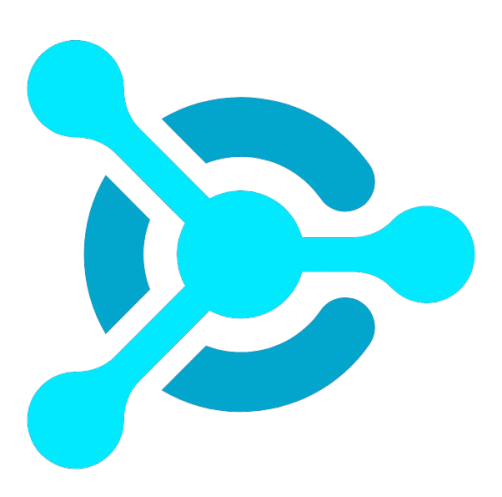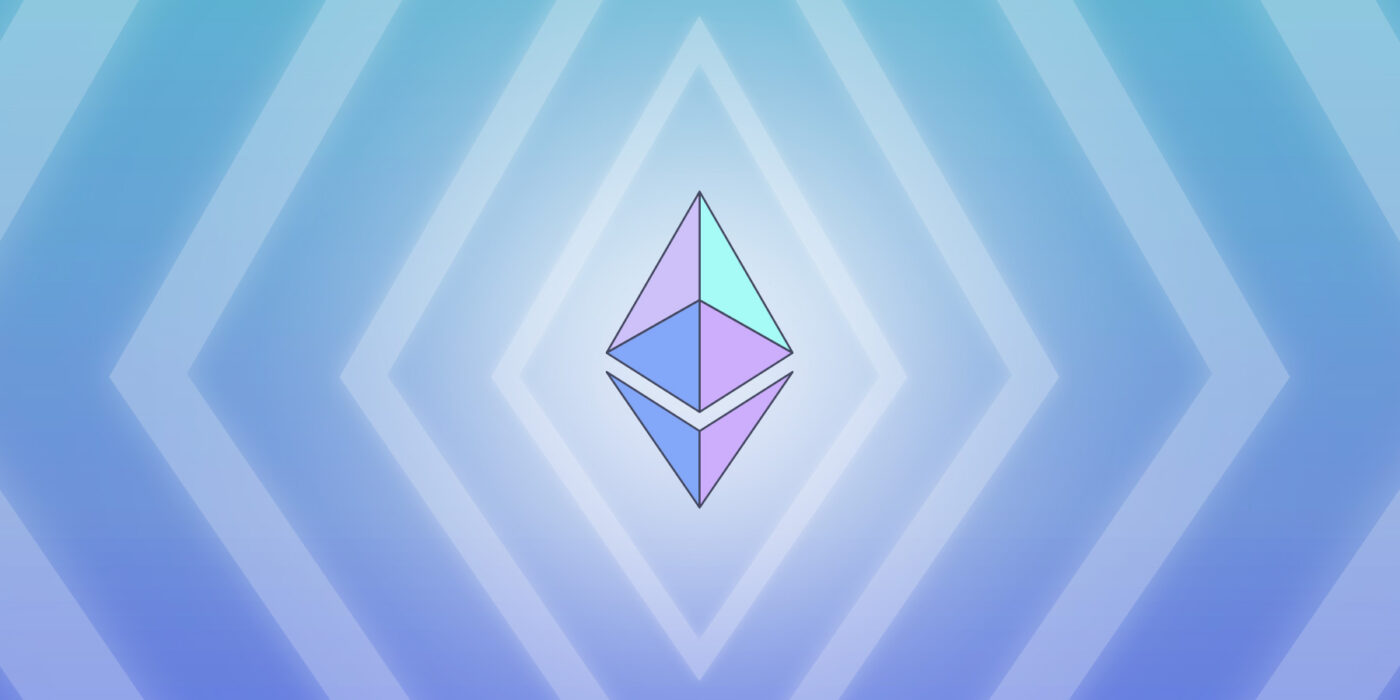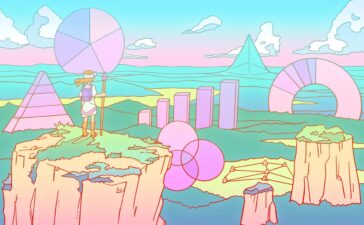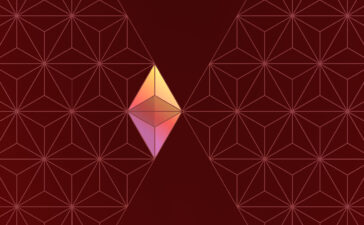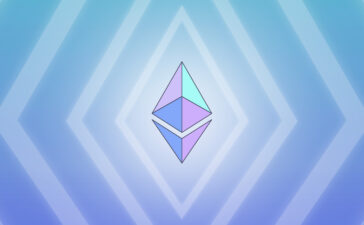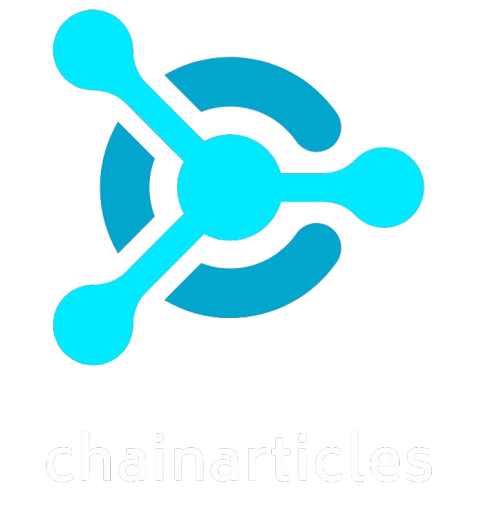Welcome to the first development update for Ethereum.org, the first of a regular series of blog posts keeping the community up to date on the website’s progress.
What have we been up to?
👋 Hiring!
When we rebooted ethereum.org earlier this year, it quickly became clear that the website needed a full-time team behind it to meet the community’s expectations. Over the summer, we’ve prioritized building that team to support the website into the future. Today, we’re thrilled to announce that the EF has hired a full-time web developer for ethereum.org: Sam Richards.
Sam’s role will be to lead all technical development of ethereum.org, and be the first point of contact with all open-source contributors to the website. Sam has a background in web development, digital marketing and SEO, and most recently worked at an Ethereum wallet startup.
We’re extremely excited for Sam to join the team – please join us in welcoming him to the EF!
♻️ Building the Translation Program and Team
One of our highest priorities with the website reboot was to launch a full-fledged translation program. Ethereum is the most used programmable blockchain in the world, and it is critical that the 80% of humans that do not speak English have access to key resources.
Since announcing the program, we have been joined by 116 volunteers who are working to translate the website into 17 languages. Several of these will be pushed live to the site in the coming weeks.
As we continue to scale up the translation effort, we will expand our work to include the translation of key third party resources: blog posts, documentation, and other material. We are also working to ensure that ethereum.org itself is built in a way that lets us add and revise translations smoothly and sustainably.
Interested in contributing? Learn more about the ethereum.org Translation Program and get started here.
🛠 Fixing, merging, and updating
Since launch, we have merged 102 pull requests, making many tweaks and changes to the website in response to community input. Now that Sam has joined the team, we expect to be able to move much faster. As always, development of ethereum.org happens in our Github repo – check it out if you want to follow along more closely, or work on one of the outstanding issues.
We’ve also shipped the first new piece of artwork for the homepage. Every few months, we will update the website with new artwork created by the Ethereum community – a way of showcasing the talent in our ecosystem, and reminding the world that Ethereum is always progressing and improving thanks to the contributions of our global community.
🎯 What’s next?
Here’s a preview of our priorities for the next few weeks:
🤔 User persona analysis and site restructuring
- When we launched the new ethereum.org, we started with four simple subpages: a page for beginners, a page for people who want to use Ethereum, a page for general learning about the project, and a page for developers.
- Now, we are rethinking that structure. Armed with a few months of basic user analytics data, and substantial feedback and discussion from the community, we’re reviewing the user personas for ethereum.org.
- Once complete, this will likely lead us to a reorganization of the top-level structure of the site, changes to the landing page, and potentially the addition of new subpages for users that aren’t currently well-served.
👩💻 Improved developer resources
- We have created a specific landing page for Java developers: ethereum.org/java.
- Because many developers specialize in a specific programming language, creating language-specific pages are a key developer evangelism and on-boarding technique.
- We are working on additional developer landing pages: see for instance the open-issues for /javascript and /python
- We’re close to finishing a new feature of the website that will allow developers to immediately jump into a “studio” where they can write their first solidity contract, right on ethereum.org
- We’re working to ensure that all project management is exposed on Github, where we can benefit from more community comment and input.
- This will include creating more well-documented issues to make it easier for open-source contributors to know how they can help with the site’s development. See all issues tagged “good first issue”
- We’ve also created a twitter account for the website: @ethdotorg. This account will be used to share updates like this one, as well as more granular updates like the addition of a great new resource or article, a new feature, an interesting pull request, and more.
